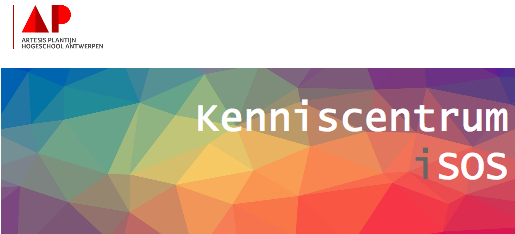This research project answers the question of how diverse voices and interests of residents can be better addressed in urban renewal projects and how social work organizations can play an active role in this.
In the 1980s, urban renewal focused on the position of vulnerable groups. Today, the physical, spatial and economic impact of urban renewal projects takes precedence over the social impact. However, the social impact on daily life and the living environment is not only inevitable, but also significant. Not only gentrification but also a democratic deficit are problematic from a social point of view. Opportunities for participation are usually exploited by higher educated and/or more affluent urban residents. Thus, the voice of a large part of the super-diverse resident population remains unheard.
Research Approach and Methodology.
We select two urban renewal projects that differ in dynamics, phasing, and timing. We work from the awareness of diversity in meaning making and possibility of dissensus; characteristic of social work as a democratic practice. We use the method of action research, in close consultation with various stakeholders such as neighborhood and district organizations and city planners.
The research techniques are largely completed through place-based forms of social work. These have their origins in micro-sociological and anthropological research traditions. The collection of data is closely linked to the setting up of actions, where the people are and with attention for the prevailing values and norms. This approach lowers the threshold and has a highly participative character.
Duration: 2020-2024
Researchers: Nathalie Van Ceulebroeck (project manager), Hans Grymonprez, Pieter Cools
